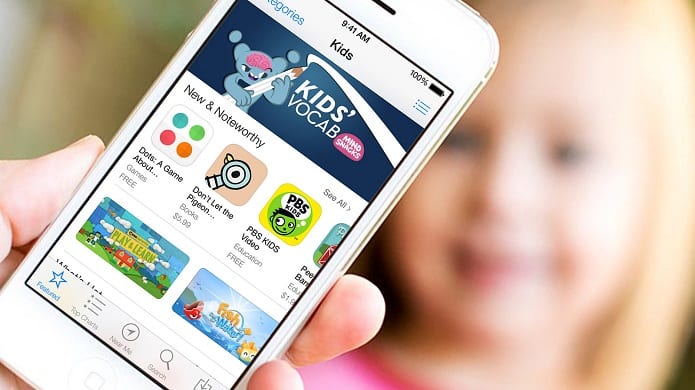Parents, this is why you should be careful around your children when they have gadgets
A father residing in the United Kingdom got the shock of his life when he accidentally allowed his son to rake up a bill of £4,000 (which is approximately equal to $5,800 USD) on in-app upgrades for the game Jurassic World. The bill came up to that amount after just a period of five days, indicating that the child was not being supervised and he was also being trigger friendly on the in-app purchase button as well. According to 32-year-old Mohamed Shugaa, he blamed Apple for the mishap, as he states the following:
“I was so mad. I’m 32 years old, why would Apple think I would be spending thousands of pounds on buying dinosaurs and upgrading a game? Why didn’t they email me to check I knew these payments were being made? I got nothing from them. How much longer would it have gone on for?”
However, it should be noted that while the individual is pointing fingers at Apple, he did ignore the receipts that had been emailed to him every 24 hours after the purchasing spree began. The report also stated that one point, the son was at the pinnacle of his spending rampage, as he was able to rake up a bill of $2,000 in a couple of hours. In total, there were a total of 65 transactions carried out over a period of five days. Shugaa later found out when the bank supplied him with a list of transactions, which we can guess left his petrified.
Shugaa later contacted Apple, but was told initially that he might not get a refund, as he had ignored numerous warnings and settings that would have prevented his son from making the transactions. There are several ways to disable in-app purchases, but it looks like the father put a little too much faith in his son to care what would happen after he would get hooked to a game, but it looks like he has finally learnt his lesson.
Shugaa eventually received a refund on the charges, after telling Apple he needed the money back in order to buy gifts, but it is a lesson that every parent should never forget and act as a reminder of what can happen if you continue to leave the in-app purchasing option enabled.

